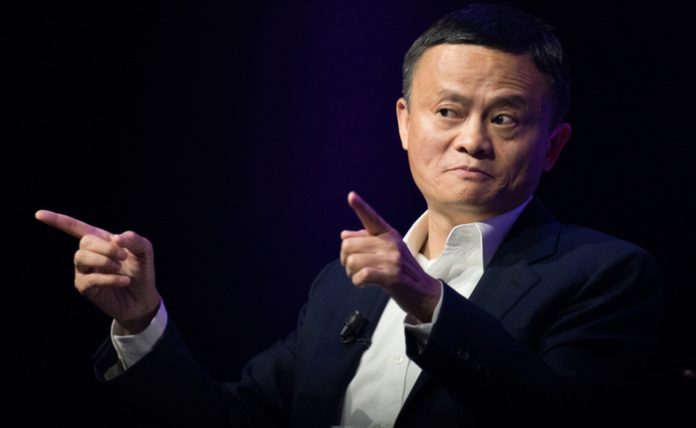One of China’s biggest e-commerce retailers, Alibaba (NYSE: BABA) is making a big play on wireless smart speakers market.
Reuters reports today that Alibaba is planning to invest 10 billion yuan in upgrades to its Tmall Genie device.
“The announcement comes as the e-commerce giant continues its push into new technologies and business sectors beyond online shopping,” writes an unnamed Reuters reporter who notes that this will include new features for the smart speaker as well as “adding proprietary technology,” which is not further described in the piece.
For reference, Alibaba sold 16.8 million of these devices in 2019.
The Tmall Genie is startlingly similar to American smart speaker options like Echo, except that the LED ring of lights is on the bottom of the device.
“(Tmall Genie) is the fourth best-selling smart speaker globally, selling an estimated 0.8 million speakers, April to June, matching the Google Home,” writes Sophie Charara at The Ambient. “So what is it? First launched in July 2017, it’s a $79 Echo rival that runs on a voice assistant from Chinese e-commerce company Alibaba called AliGenie. The twist? The LED ring is on the bottom here. One of the main reasons for its success is discounts again – it was sold for $15 on Singles Day last November. Alibaba sold 700,000 of them in Q1 of this year and now it’s the best-selling voice controlled smart speaker in China.”
This type of smart speaker play makes sense for a company that is positioning itself well in the global e-commerce market. Where Americans often talk about Amazon, the Chinese and buyers in satellite countries talk about Alibaba, which is a global blue-chip pioneering the 21st century with e-commerce innovation.
The current piece this morning notes that work on the Tmall Genie will include artificial intelligence and Internet of things connectivity research.
However, some analysts suggest that smart speakers as a whole are going to decrease in popularity as voice assistance gets built into other interfaces such as the dashboards of automobiles.
Still, as long as people still want portable, free-ranging voice activated speakers, Alibaba seems likely to profit from its front running design.










